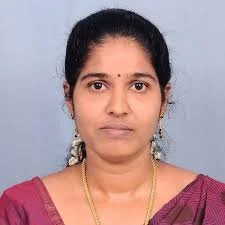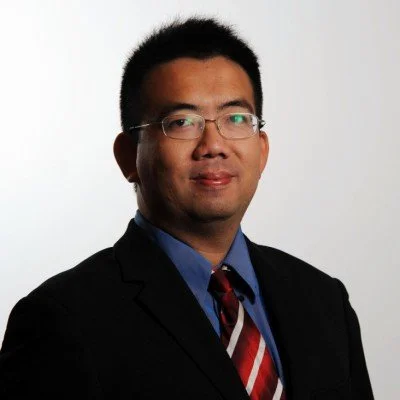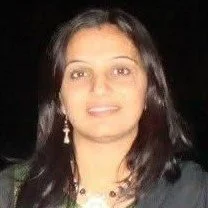This year’s World Food Day Symposium focuses on the urgent need to tackle food security and sustainability challenges worldwide. Centered around the theme "Promoting Global Food Security and Sustainability," this event brings together diverse voices to discuss innovative approaches, share knowledge, and inspire action toward resilient and equitable food systems. Together, we can shape a future where everyone has access to nutritious food while preserving our planet for generations to come.
SPEAKERS
Dr. D. Jini
Asistant Professor, Malankara Catholic College, India
Dr. Tonni Agustiono Kurniawan
Associate Professor, Xiamen University, People's Republic of China
Dr. Yevheniia Varyvoda
Assistant Research Professor, Mel and Enid Zuckerman College of Public Health, United States
Dr. Enock Siankwilimba
Market Systems Development Consultant Specialist, Zambia.
Dr. Nurul Hawa Ahmad
Senior Lecturer, Universiti Putra Malaysia
Dr. Prof. G.A.S. Ginigaddara
Professor in Agricultural Systems of Rajarata University of Sri Lanka, Sri Lanka
Dr. Supriya Tiwari
Assistant Professor of Botany at Banaras Hindu University, India
SUB-THEMES
The subthemes highlight critical areas in achieving global food security and sustainability, while also encouraging contributions on other relevant and innovative topics.
ADVANCED TECHNOLOGIES IN FOOD SECURITY
The Role of Artificial Intelligence in Forecasting Food Crises
Next-Generation Biotechnology for Climate-Resilient Crops
Exploring Autonomous Systems in Precision Agriculture
Blockchain Solutions for Transparent and Ethical Food Supply Chains
Innovations in Genetic Engineering to Combat Global Hunger
RESILIENT FOOD SYSTEMS IN A GLOBALIZED WORLD
Strengthening Cross-Border Food Networks Amid Global Disruptions
Policy Frameworks for Building Resilient Agricultural Supply Chains
Adaptive Strategies for Food Systems in Fragile Ecosystems
Redefining Global Trade Policies for Food Equity
Leveraging International Collaboration to Address Food Insecurity
GREEN ENERGY REVOLUTION IN AGRICULTURE
Advancing Agrovoltaics: Integrating Solar Power with Farming
Sustainable Bioenergy Systems for Large-Scale Food Processing
Decarbonizing Food Supply Chains Through Renewable Energy Innovations
Innovations in Hydrogen-Powered Agricultural Equipment
Circular Energy Models in Post-Harvest Management
HUMAN HEALTH, NUTRITION, AND SUSTAINABLE DIETS
Tackling Global Malnutrition Through Nutrient-Rich Crop Varieties
Advancing Functional Foods for Holistic Health
Transitioning to Plant-Based Diets: Impacts on Food Systems and Nutrition
Reducing Non-Communicable Diseases Through Sustainable Eating Patterns
Exploring the Role of Fortified Foods in Combating Micronutrient Deficiency
SOCIAL INCLUSION AND GOVERNANCE IN FOOD SECURITY
Bridging the Rural-Urban Divide Through Inclusive Food Policies
Empowering Women in the Global Agricultural Value Chain
Building Institutional Frameworks for Transparent Food Governance
Addressing Migration and Food Insecurity in Conflict Zones
Fostering Grassroots Leadership for Community-Driven Food Solutions








